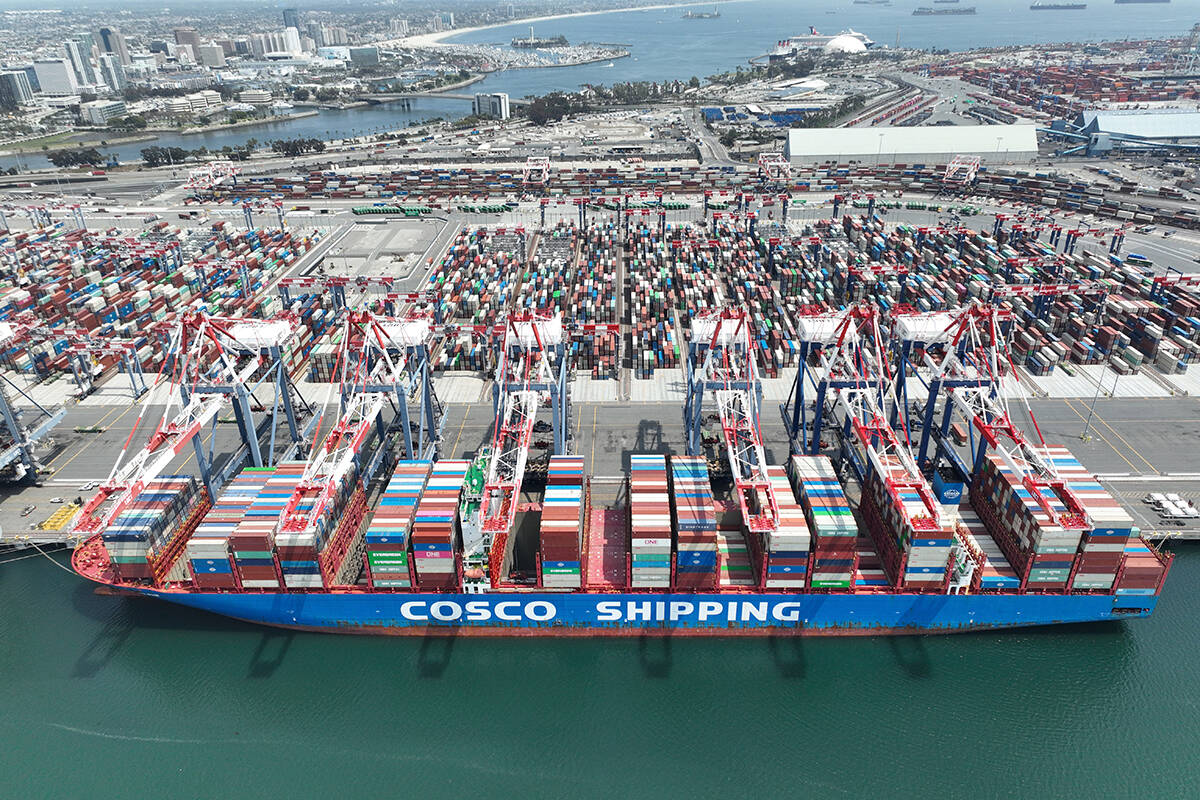Six jurisdictions have signed a new agreement to liberalize interprovincial agricultural trade, putting pressure on Ontario and Quebec to follow suit.
The four western provinces, Prince Edward Island and Yukon all signed the Interim Agreement on Internal Trade in Agriculture and Food Goods last week.
The agreement was struck after a national consensus couldn’t be reached.
Sean McPhee, who speaks for the Vegetable Oil Industry of Canada, said the six have shown leadership.
He hoped Ontario and Quebec would take note. They have the largest supply managed sectors and are at odds with the vegetable oil group, which represents canola and soybean growers and processors, who are pushing for fewer trade barriers.
Read Also

U.S. softens fees on Chinese shipping
The U.S. starts charging new fees on Chinese ships on Oct. 14. What are the ramifications for their ag exports?
One of the best-known examples of these barriers is in Quebec, where the province required margarine sold there to be coloured to differentiate it from butter.
“They face the prospect that if they won’t accept oilseed-based agricultural products that come from Western Canada then maybe Western Canada won’t accepted dairy products from Ontario and Quebec,” said McPhee.
“Trade is not a one-way street.”
McPhee said there is a range of products that blend dairy and vegetable oil ingredients to create nutritious foods. Customers want them, but can’t get them everywhere.
He said manufacturers need the economies of scale that result from launching a product across the country.
Saskatchewan agriculture minister Mark Wartman said he doesn’t expect Quebec and Ontario will give in easily but there is a better chance now that they will move toward a better domestic trading relationship.
He said if Canadians want fairer, rules-based trade globally, they have to live it domestically.
In 2005, the federal-provincial-territorial committee on agricultural trade policy established a working group to review the agricultural portion of the Agreement on Internal Trade.
Under it, provinces are obliged to remove obstacles to interprovincial trade, not discriminate against goods that travel across provincial borders and provide right of entry and exit of goods between provinces.
Wartman said the deal will formalize a national relationship in the long term but in the meantime, the interim agreement allows the process to begin.

















